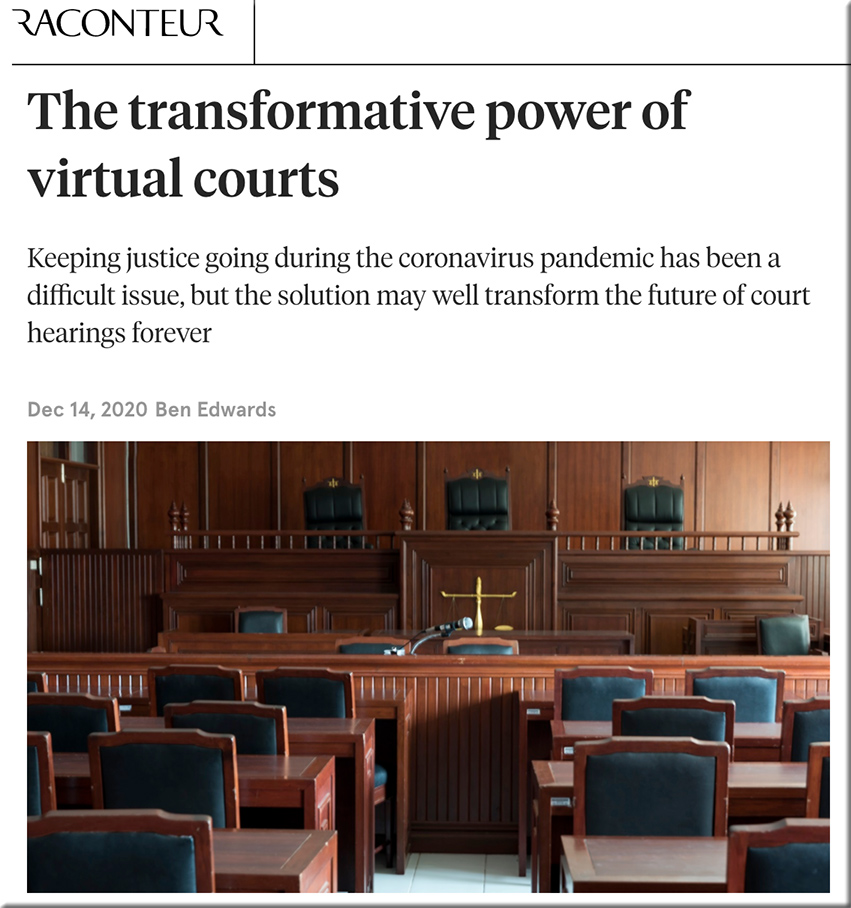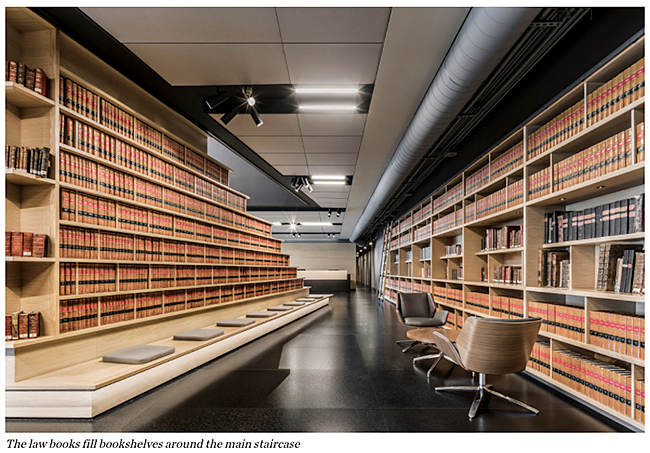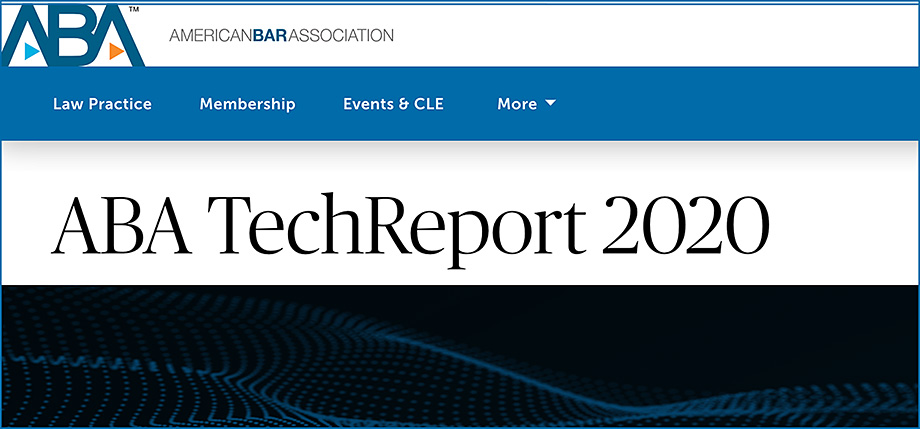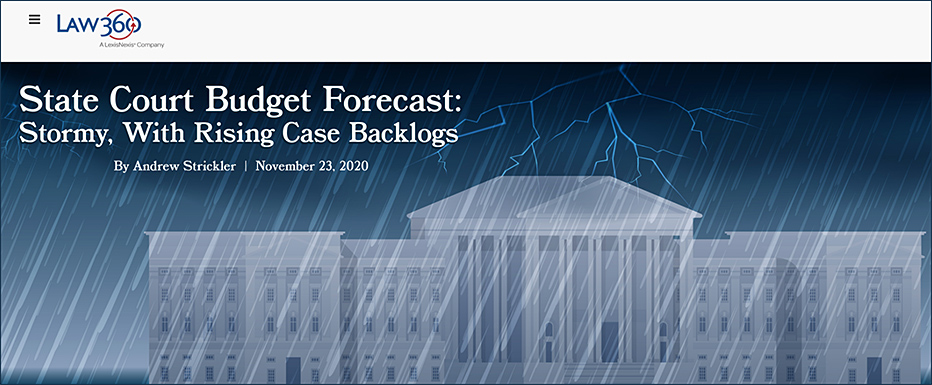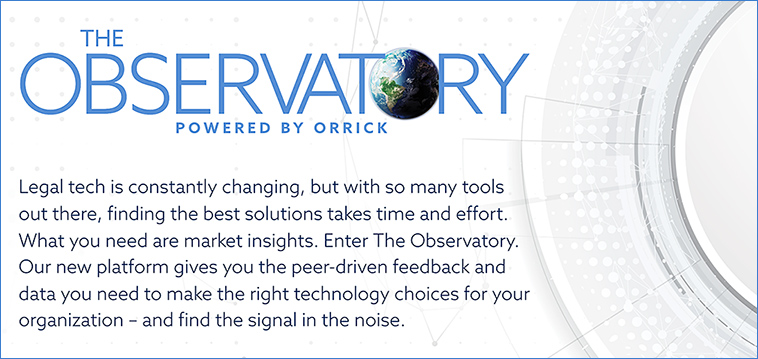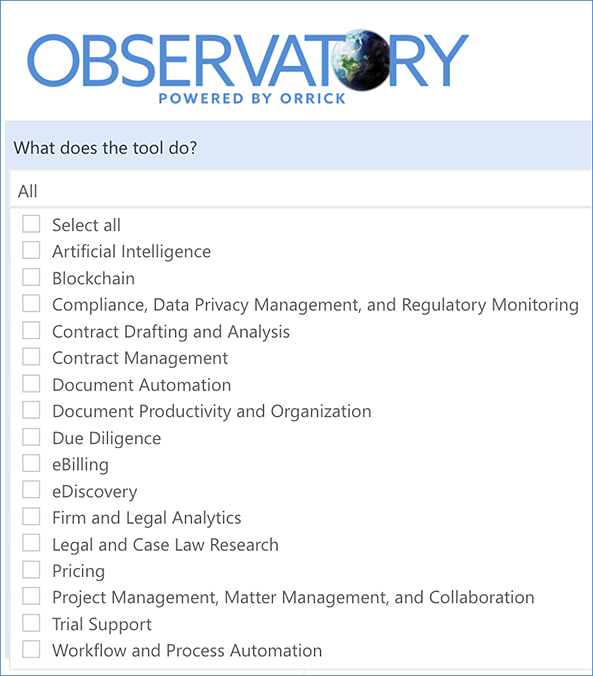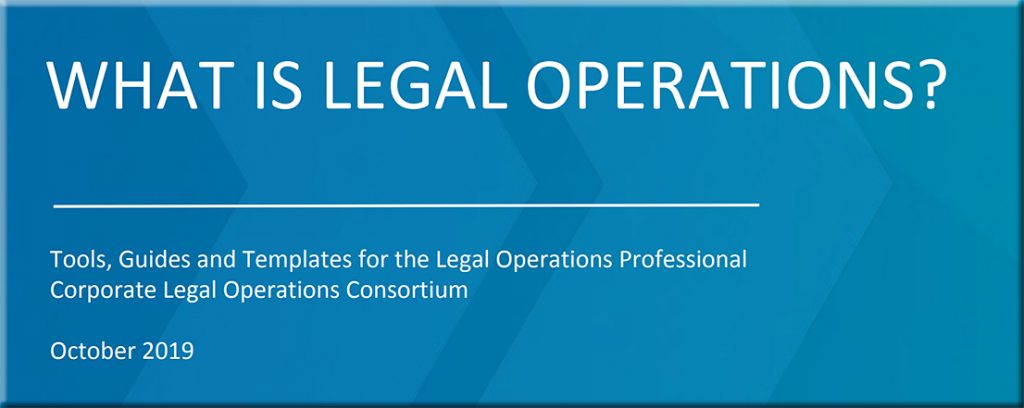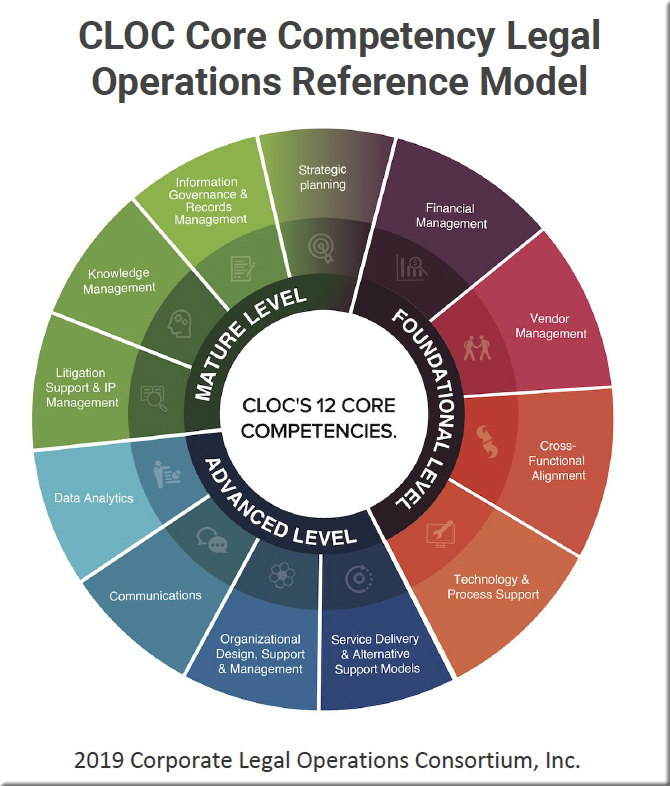The transformative power of virtual courts — from raconteur.net by Ben Edwards
Excerpt:
At the Odeon cinema in Edinburgh’s Fort Kinnaird retail park, the movie posters have been taken down and the popcorn machines covered up as jurors take their seats in one of the four auditoriums to attend a virtual court hearing.
These remote jury centres have allowed the Scottish High Court to restart criminal trials by beaming live court action directly onto the cinema screen, allowing jurors to watch and hear evidence while maintaining social distancing, something that wouldn’t have been possible inside the main court building. With a further 11 screens available in Glasgow, the court is now back up to full capacity.
“The real beauty in this approach is it provides a way of scaling up; we have a model that works and can be applied anywhere,” says Tim Barraclough, executive director of the Judicial Office for Scotland.
Also see:
Reynen Court Now Lets You Take Legal Tech Products For A Test Drive — from legaltechmonitor.com by Bob Ambrogi
Excerpt:
Reynen Court, the platform that describes itself as the app store for legal technology, has introduced a new feature, appropriately called One-Click Test Drive, that makes it easy for law firms and legal departments to test products without having to buy them or negotiate trial licenses.
Using Test Drive, a user can quickly deploy a pilot of a pre-configured application in a secure environment. The application comes fully loaded with dummy data and transaction or case materials. It can be easily launched without requiring IT support.
Legal Tech Traditionally Favored Law Firms. That May Be Changing — from law.com by Frank Ready
Ironclad’s “State of Digital Contracting, Winter 2020: AI and the Elusive Promise of Smart Contracting” virtual event delved into how changes in service delivery models could help to drive a new wave of legal tech directed toward in-house attorneys and nonlawyers.
Excerpts from Working Remote: Advantages Gained from Legal Technology Adoption — from law.com
In this episode of the Perspectives podcast, sponsored by AbacusNext and hosted on Law.com, we’ll hear highlights from the September 9th presentation titled, Working Remote: Advantages Gained Through Legal Technology Adoption.
The Top 25 Artificial Lawyer Articles of 2020 — from artificiallawyer.com by Richard Tromans
What Is Quantum Computing and How Is It Disrupting Law Firms? — from lawtechnologytoday.org by Shannon Flynn









